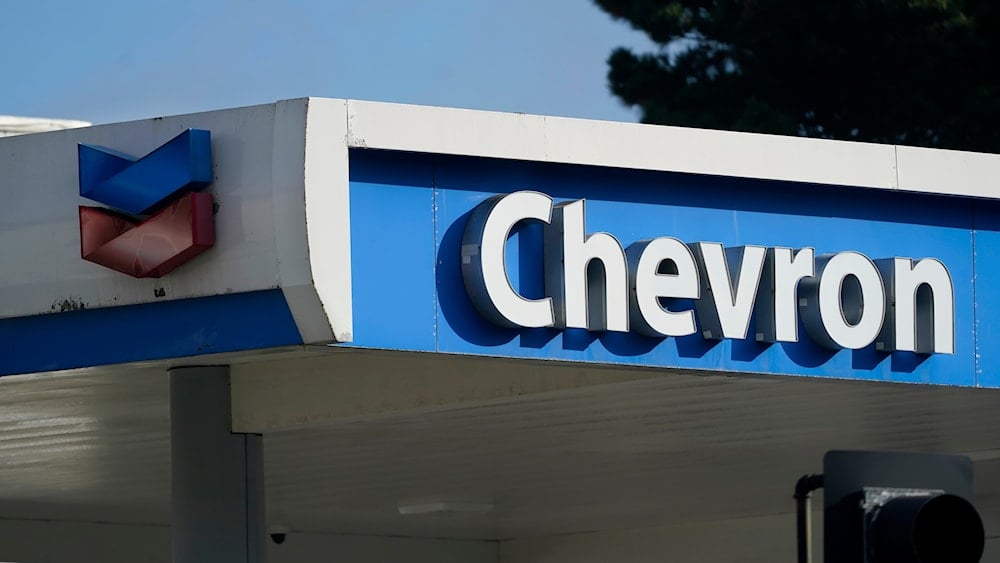Chevron’s operations in Venezuela will continue, as US relations shift
Chevron's US operations in Venezuela persist with renewed licenses from the OFAC, following a key meeting between President Nicolas Maduro and US envoy Richard Grenell.
-

A Chevron logo is shown at a gas station in San Francisco, the United States, on October 23, 2023. (AP)
The United States Office of Foreign Assets Control (OFAC) renewed a license, allowing American energy giant Chevron to continue its operations in Venezuela, on Saturday.
This license, General License No. 41, is renewed on the first day of each month and remains valid for six months, ensuring that Chevron can maintain its presence in the country despite ongoing US sanctions.
Chevron’s continued operations are a crucial part of the relationship between the US and Venezuela. The oil giant has been working in Venezuela for decades, first engaging in exploration in 1923, and later discovering the Boscan field in 1946. Today, the company operates several joint ventures with Venezuela’s Petróleos de Venezuela (PDVSA), both on land and offshore, contributing significantly to the country’s vital energy sector.
Unexpected turn in Trump's Venezuela strategy
The license renewal comes just a day after a major meeting between Venezuelan President Nicolas Maduro and Richard Grenell, the US special envoy for Venezuela, in Caracas. President Maduro characterized the meeting as "very positive," signaling the beginning of a new phase in US-Venezuela relations, one that could bring tangible benefits to both nations. The discussions reportedly focused on energy concerns, alongside the release of six US nationals detained in Venezuela, and the deportations of undocumented migrants.
The timing of the license renewal and the diplomatic meeting is notable. It follows a pattern of strategic, engagements between Venezuela and the US. In recent months, the US government has pursued a mixed approach, maintaining harsh unilateral sanctions with diplomatic overtures, which were carried out under the new Trump administration. This shift in the US's approach was further underscored by Grenell’s visit, which also marked the first trip of a Trump administration official to Latin America.
Bolivarian Diplomacy of Peace
Maduro's commitment to "Bolivarian Diplomacy of Peace," has also allowed for the advancement of talks between the two governments. The backdrop of these developments is Venezuela’s unwavering commitment to its foreign policy doctrine, a key element of Maduro's administration. The Venezuelan government continues to push for peaceful dialogue with all nations, emphasizing sovereignty and opposition to foreign intervention, principles that Maduro reiterated during his meeting with Grenell. This openness to diplomacy, even with historically adversarial powers like the United States, underscores Venezuela’s desire to maintain its autonomy while seeking international cooperation.
Read more: Canada warns Trump tariffs could leave US reliant on Venezuela oil: FT

 3 Min Read
3 Min Read








